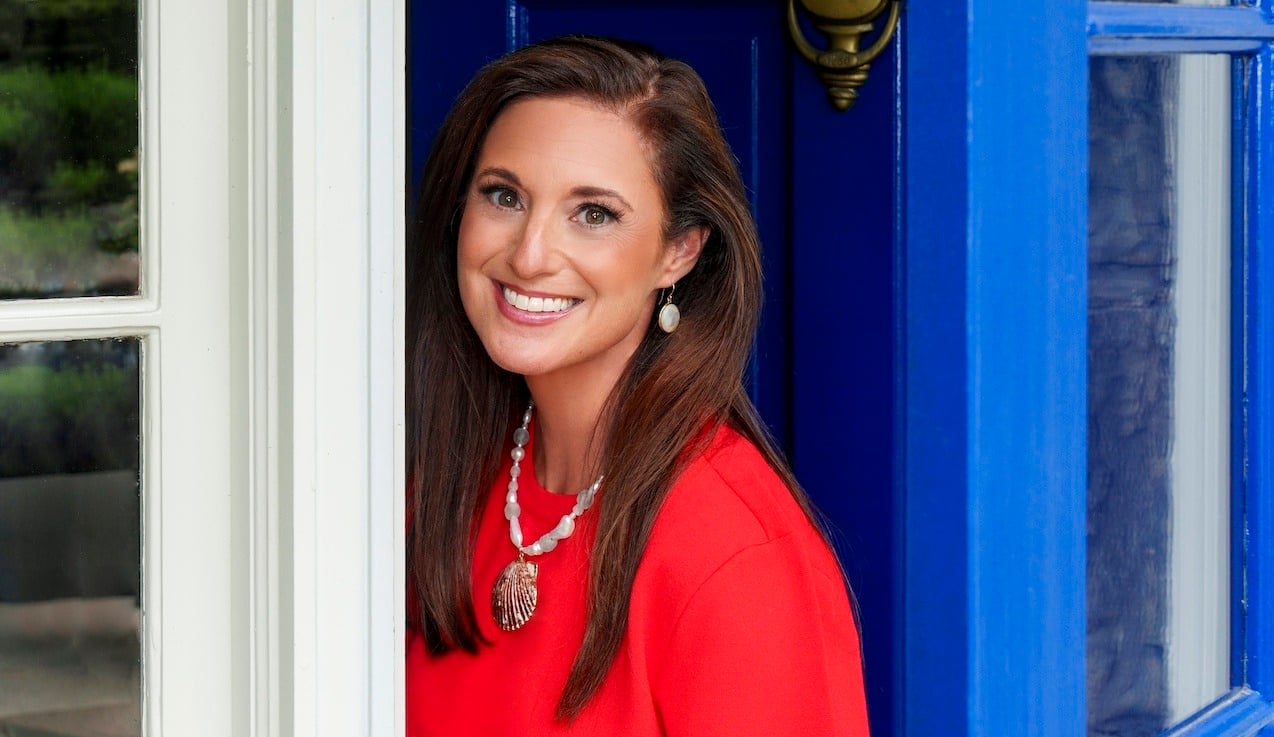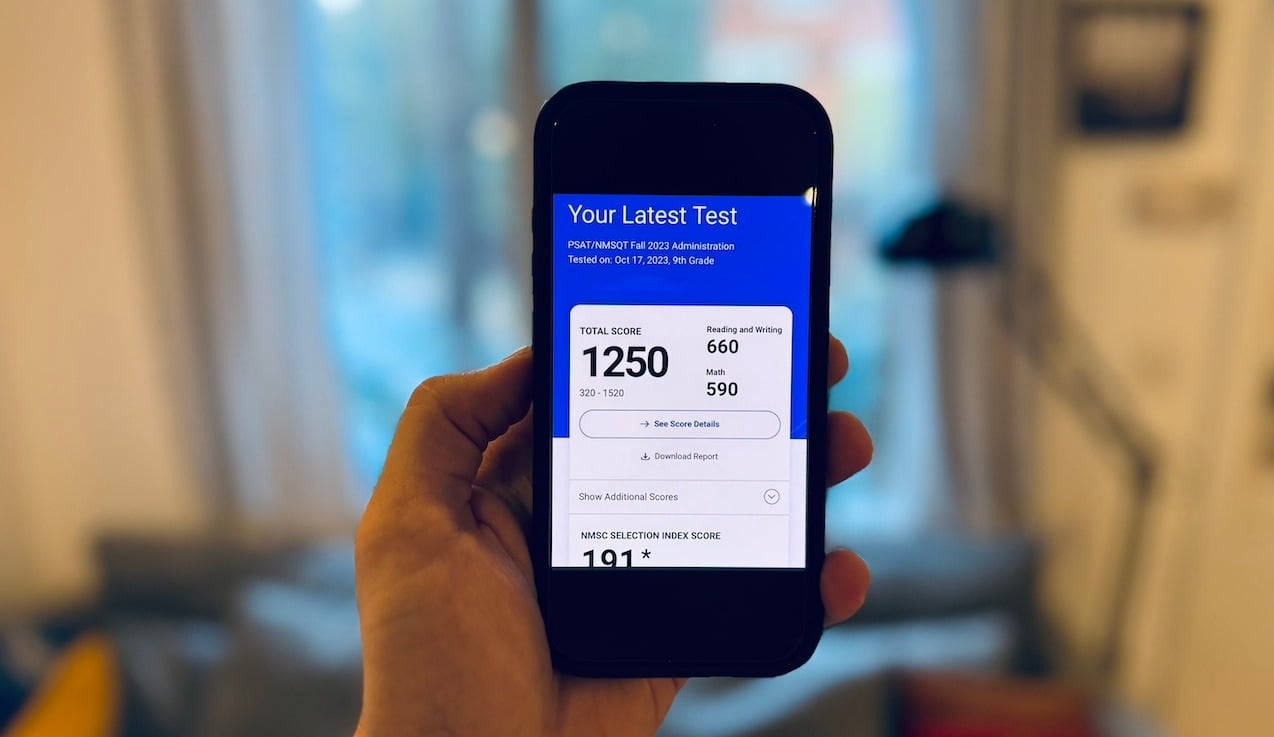The email arrived at 9:59 am on Tuesday. Within seconds, I had a dozen text messages from friends. I hadn't even had a chance to read the email. But based on the texts, the head of school mentioned eliminating Advanced Placement (AP) classes in the email. My friends, fellow parents with children at the same school as my younger two kids, were aghast.
When I finally had the time to read the email later that day, I noted that the head of school didn't state that they were eliminating all AP classes. Instead, he mentioned no longer offering two specific APs (AP US History and AP Language) in order to extend a combined history and English curriculum through junior year. Looking at the school profile, which is listed on the school website (shout out to the college counseling office at the school for one of the best profiles I have seen!), there are still 12 AP classes that students could presumably take.
Do I think all APs may be on the chopping block in the future at my kids' school? Possibly. Am I concerned about it? Nope. Here's why.
Colleges do not expect students to take AP classes if their high school doesn't offer them. In fact, colleges only expect students to take advantage of what is available to them at their school. As long as the school profile is up-to-date and clearly delineates the advanced level curriculum and offerings, admissions officers will not be concerned in the least.
When I was an admissions officer, associate dean of admissions, and dean of admissions, I read plenty of applications from students who attended high schools with zero AP offerings. These schools were typically private high schools across the country. By no means were their students disadvantaged for not having APs. Quite the contrary, these students did very well in the admissions process.
I got to see the benefits of a non-AP curriculum firsthand when I was a director of college counseling at one of these private high schools. There was depth to the lessons, engaging discussions, and a freedom for the teachers to not have to teach to a test. Yet, I always had a few students who thought they were helping their cause by self-studying and taking AP exams on their own. I tried to warn them: Colleges do not expect to see AP scores if the student does not take the AP class. And the pressure to teach oneself a full year of content in the midst of final exams is tremendously time-consuming. Getting a 4 on an AP exam that a student self-studied for is remarkable. But elite colleges don't give any extra consideration when students self-study—5's are expected on AP exams, whether these colleges want to admit that or not.
RELATED READING: AP Scores Are Back. Should You Report Them to Colleges?
One fellow parent mentioned to me that her older child got a full semester of credit at her college from the AP scores she received in high school. This student will be graduating a semester early. This is great news for the student. If a student attends a college that is generous with AP credit, it can reduce the cost of attendance and allow them to use their time on campus more effectively. However, not all colleges are as generous with AP credit as they used to be. Some colleges will only accept 5's on a few exams. Amherst College, for example, will not give any AP credit no matter what.
READ MORE: The Top 5 Questions Impacting the Class of 2025
So if your child's high school is discussing the possibility of moving away from the AP curriculum, keep an open mind. This will not hurt your child in the admissions process as long as the high school does an effective job communicating its curriculum to colleges on the school profile. Plenty of private high schools and even some public high schools have been hugely successful in adopting a non-AP curriculum.
Time will tell if my younger kids' school heads in this direction. If they do, it could dramatically improve students' learning and decrease stress. In the meantime, I plan to attend the online forum next week to see how the school presents the proposed curriculum changes to our community. The administration will surely get some pushback. After 25 years in the field, though, it usually is short-lived.











